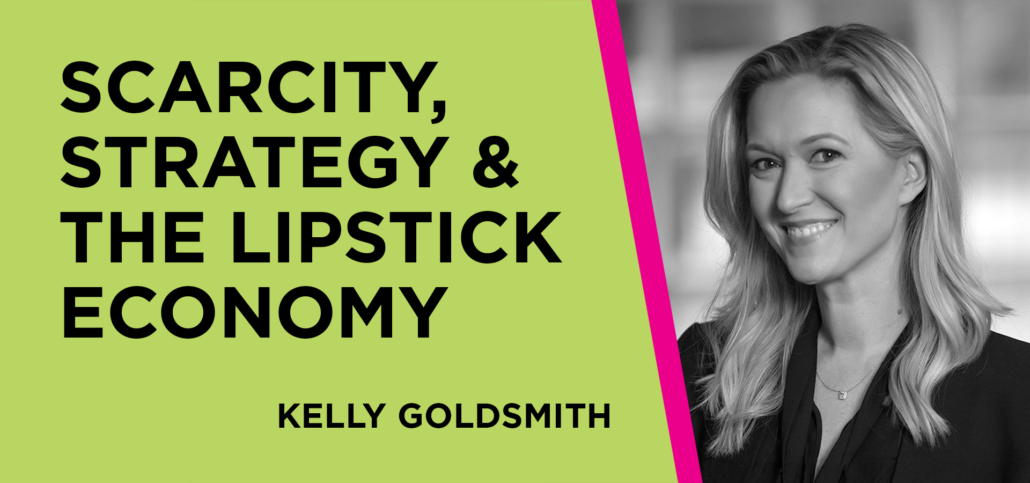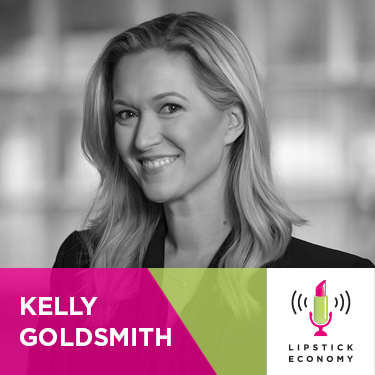Kelly Goldsmith
Understanding Scarcity: How “Not Enough” Shapes Our Lives
Kelly Goldsmith is a behavioral scientist whose research focuses on how consumers respond psychologically and behaviorally to goals and threats. At Vanderbilt University’s Owen Graduate School of Management, she serves as the E. Bronson Ingram Chair, a full professor, and an award-winning teacher and researcher. She is also the newly appointed Associate Provost at Vanderbilt. Her expertise is regularly featured in hundreds of media outlets, where she provides a marketing expert’s perspective on today’s consumer behavior trends.
Kelly Goldsmith spoke live at our TEDx Spotlight Event at the Analog at the Hutton Hotel. An acclaimed past TEDxNashville speaker, she is known for her talk How to Make the Most Out of Not Having Enough.
What Exactly Is Scarcity?
Scarcity can be objective, like running out of gas or money, or subjective, when we feel we don’t have enough compared to others. Kelly points out that social media often amplifies subjective scarcity, creating feelings of inadequacy even when our own circumstances are fine.
How Did Kelly Goldsmith Start Studying Scarcity?
Kelly’s research began during the 2008 financial crisis, when she faced job scarcity firsthand. This experience inspired her to study how everyday scarcity—time, money, and resources—affects decisions, self-perception, and consumer behavior. Her work examines both daily life scarcity and broader consumer patterns.
How Does Scarcity Affect Our Self-Perception?
Living with scarcity can shape how we see ourselves. Chronic scarcity can create stress and feelings of inadequacy, while social comparisons—especially online—can amplify these effects. Kelly advises stepping away from platforms like Instagram or LinkedIn to avoid artificial scarcity and focus on what’s truly important.
How Has Kelly Goldsmith Applied Scarcity Research in Real Life?
Kelly has applied her insights in multiple ways, including helping Urban Decay Cosmetics analyze consumer needs and improve product offerings. She also draws lessons from personal experiences, like competing on Survivor, which taught her how scarcity of resources shapes human behavior and social dynamics.
Can Scarcity Be a Good Thing?
When reframed as a goal, scarcity can motivate positive action. Kelly highlights the Lipstick Index, where small indulgences help people feel in control during challenging times. By turning scarcity into opportunity, we can direct energy toward achievable goals instead of letting limitations define us. Kelly Goldsmith’s work shows that while scarcity is inevitable, how we perceive and respond to it determines whether it limits us—or empowers us.




